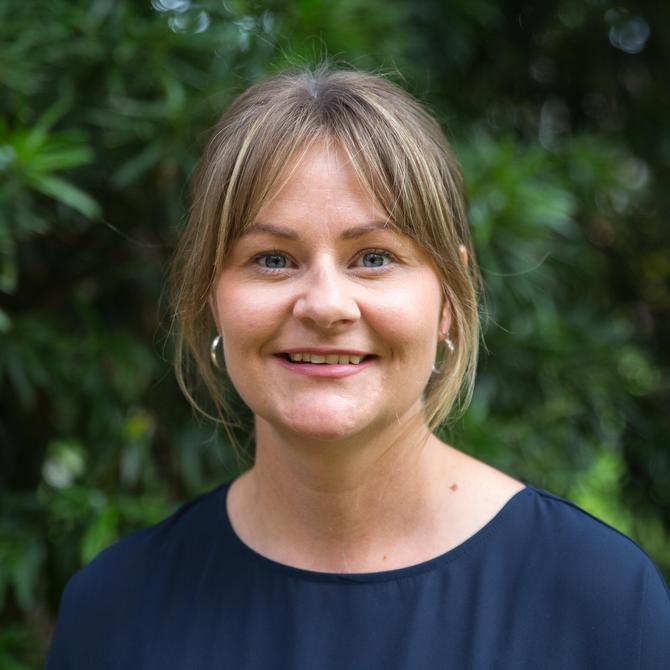After 12 years interstate, Kristy returned
to her family’s Country and birth state of Lutruwita (Tasmania) earlier this
year to take on an Indigenous academic development fellowship at the University
of Tasmania.
She’s returned home with a desire to contribute and be more connected to country and community.
It’s a privilege to return home and provide a perspective that represents Aboriginal culture and knowledge, and provides an authentic opportunity for students to learn and grow by moving away from traditional statistical deficits in the health care curriculum.
My fellowship will focus on how we can incorporate knowledge of country and community into holistic health care models.
A University of Tasmania nursing undergraduate, Kristy completed a Masters of Remote Health Practice (Nurse Practitioner), whilst living and working on Yamatji Country, in a remote, marine and hospitality community on leased land in the Gascoyne region in Western Australia’s north-west.
She spent six years in the small community of
around 200 people. As a single post nurse, Kristy was the only health
professional in the community, which was a mix of transient and seasonal
workers, tourists, and permanent Indigenous and agricultural populations.
“There were the acute needs – anything from
sunburn to drownings, heart failure and ectopic pregnancies but the role also involved
health promotion and prevention," said Kristy.
“As a remote professional your patients become family. This is a great enabler as you provide more holistic care by understanding the social and cultural backgrounds and living situations.
“It was certainly a culture shock needing to adapt to resources, having responsibility for an entire community and understanding the unique socio-cultural and demographic profile of the community.
“It was never my intention to stay six years but it is very hard to move on when you’ve broken down some of those barriers; you spend the first couple of years gaining trust and the confidence of the community. It was hard to leave.”

Kristy Cooper is a nurse practitioner and indigenous academic development fellow.
The experience of being immersed in a small, isolated community and having grown up on the West Coast of Tasmania, is fundamental to Kristy’s passion to develop nursing and health care models that are not “a one size fits all approach” and are “free of all forms of discrimination”.
“The wellbeing of our entire community is
not good if we continue to have our First Nations Peoples over-represented in
our justice and health systems and under-represented in tertiary education
attainment," she said.
“I am passionate about ensuring there is access to quality education, opportunities to be involved and pathways to fully participate in nursing, because traditionally Aboriginal people have been under-represented and not acknowledged for their significant contributions in these spaces.”
By undertaking the fellowship Kristy knows, as an Aboriginal woman, she brings an Indigenous perspective and with it, responsibility.
It is with a weight that I take on this fellowship.
There have been many Indigenous academics before me and it is the work of them, and our ancestors, that have brought about this fellowship and inspire me to take on the challenge. I want to contribute to the evolution of the Indigenous perspective and Aboriginal cultural and knowledge systems in nursing education.
It also great recognition by the University of its acknowledgement of the value of the knowledge offered by the oldest living culture in the world.
“There are already good innovative examples in Tasmania challenging our traditional health care practices. A great deal of this is due to the collaboration between UTAS and other sectors.”
The Indigenous Academic Development Fellowship is a three-year continuing program and provides Kristy a supported pathway to embark on PhD studies, Indigenous-lead research and teaching within the School of Nursing.
Hopefully my research will assist with organisational cultural change and more partnerships where consumer needs will be better met.
“My research will look at aspects of cultural safety, which is now included in the professional code of conduct for nursing, so I’m really passionate about exploring what that looks like and ultimately raise awareness of the implications of our attitudes and practices on individuals accessing health care," said Kristy.
Image: Welcome to Hobart at TMAG, Orientation Week 2020. Credit: Osborne Images.